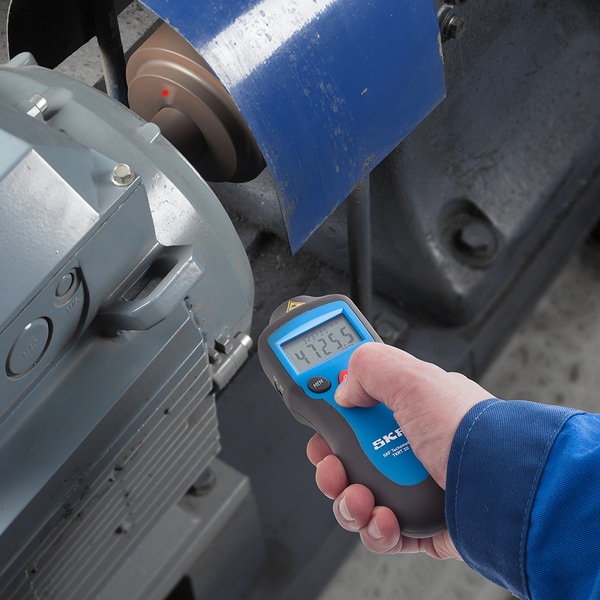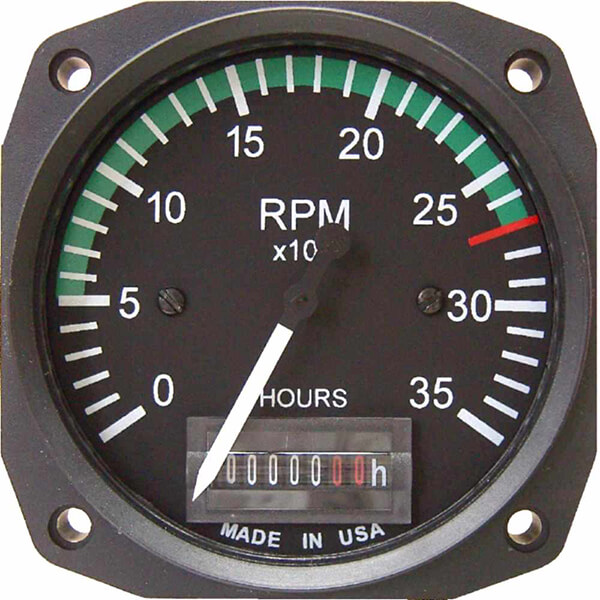Tachometer Essential: Whatever You Required to Know for Accurate Readings
Tachometer Essential: Whatever You Required to Know for Accurate Readings
Blog Article
Key Reasons Having a Tachometer Is Necessary for Keeping Engine Wellness and Efficiency
This modest yet vital tool plays an essential duty in the maintenance of an engine's wellness and performance. By supplying real-time information on engine speed and RPM levels, a tachometer provides important insights that straight influence the efficiency and long life of the engine. Let's check out the key reasons behind its crucial duty in preserving engine health and wellness and efficiency.
Preventing Engine Over-Revving

To protect the engine from potential damages, it is essential to implement actions that stop over-revving, a practice that can lead to costly repairs and lowered engine life expectancy. Over-revving occurs when the engine's rotational rate goes beyond the maximum restriction established by the manufacturer, creating undue stress on inner elements such as pistons, shutoffs, and attaching rods. This too much stress can result in mechanical failings, consisting of bent shutoffs, damaged pistons, and also devastating engine failing.
One efficient measure to stop over-revving is the setup of a rev limiter. A rev limiter is a tool that manages the optimum RPM (transformations per min) of the engine by either removing gas flow or stimulate to the engine when the pre-set limit is gotten to. Additionally, informing drivers and operators on the importance of checking engine RPM with the tachometer can help prevent unexpected over-revving. Routine upkeep checks to ensure the engine remains in optimal condition can additionally aid in stopping over-revving occurrences and lengthening the engine's lifespan. By embracing these preventative steps, the threat of engine damage because of over-revving can be considerably minimized.
Maximizing Fuel Consumption
Reliable fuel usage plays an essential duty in optimizing the performance and sustainability of an engine. tachometer. Maximizing fuel intake not only aids in lowering operational costs but additionally minimizes the environmental effect of car discharges. By using a tachometer to keep track of engine speed and change driving practices appropriately, chauffeurs can achieve better gas performance
Keeping a consistent speed and preventing unexpected accelerations and slowdowns can significantly boost gas economic climate. Additionally, proper equipment choice based on the tachometer readings makes certain that the engine runs within its ideal range, bring about extra effective fuel burning.
Consistently checking the tachometer can likewise help recognize any type of inefficiencies or mechanical concerns that click to investigate might be affecting gas usage. For instance, an abrupt boost in gas usage without a corresponding adjustment in driving practices can suggest a problem that calls for interest.
Surveillance Engine Health
Keeping track of engine health and wellness is essential for guaranteeing ideal performance and durability of the car. By making use of a tachometer to keep track of engine speed, chauffeurs can find abnormalities that might show possible concerns with the engine. A tachometer provides real-time data on engine revolutions per min (RPM), allowing chauffeurs to determine any unusual spikes or decrease in RPM that could signify troubles such as misfires, worn-out elements, or engine getting too hot.

Routinely keeping an eye on engine health and wellness with the usage of a tachometer enables motorists to address concerns quickly before they intensify and trigger considerable damage. Detecting a decline in RPM might indicate gas delivery troubles or a stopped up air filter, while a sudden rise in RPM might aim to issues with the transmission or exhaust system. By remaining attentive and responsive to adjustments in engine performance, drivers can stop costly fixings and make sure the total health and wellness and efficiency of their automobile.
Extending Engine Life-span
Guaranteeing the long life of an engine requires attentive maintenance methods and attentive monitoring of crucial performance signs. Expanding an engine's lifespan is vital for reducing general lorry maintenance expenses and staying clear of unforeseen breakdowns. A tachometer plays a significant role in this facet by providing real-time data on engine rate, permitting drivers and click here for info auto mechanics to make enlightened choices to avoid excessive deterioration.

In addition, normal upkeep based upon tachometer readings, such as timely oil changes and trigger plug substitutes, can dramatically add to expanding the engine's durability. Generally, integrating a tachometer into routine engine surveillance techniques is crucial for maintaining the engine's health and wellness and performance over the lengthy term.
Saving Cash on Fixes
A tachometer assists in monitoring the engine's RPM (transformations per min), allowing drivers to run within the advised range. By remaining within these optimal RPM levels, extreme pressure on the engine can be avoided, lowering the likelihood of expensive fixings due to overworking the engine.
Furthermore, by utilizing the information from a tachometer to practice smooth acceleration and slowdown, drivers can prolong the life expectancy of their lorry's components, eventually conserving money on maintenance and substitutes. On the whole, the insights offered by a tachometer equip motorists to make enlightened decisions that can prevent unnecessary deterioration on the engine, leading to significant cost savings in the future.
Final Thought
In verdict, a tachometer plays a crucial role in maintaining engine health and effectiveness by stopping over-revving, enhancing gas usage, keeping an eye on engine wellness, expanding engine life-span, and conserving cash on repair services. It is a necessary device for making sure that the engine runs within risk-free limitations and carries out at its best, ultimately contributing to the long life and total efficiency of the automobile.
Report this page